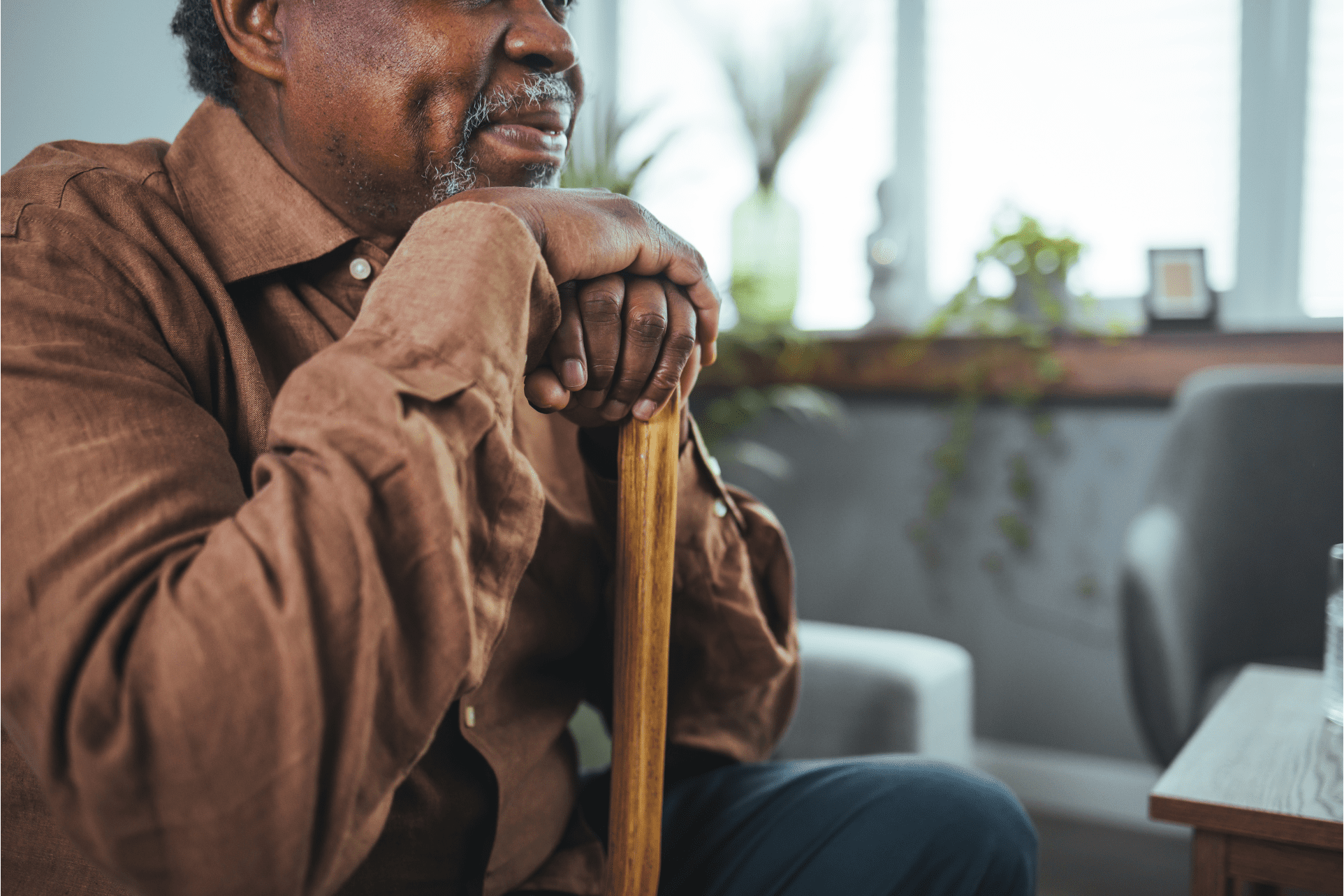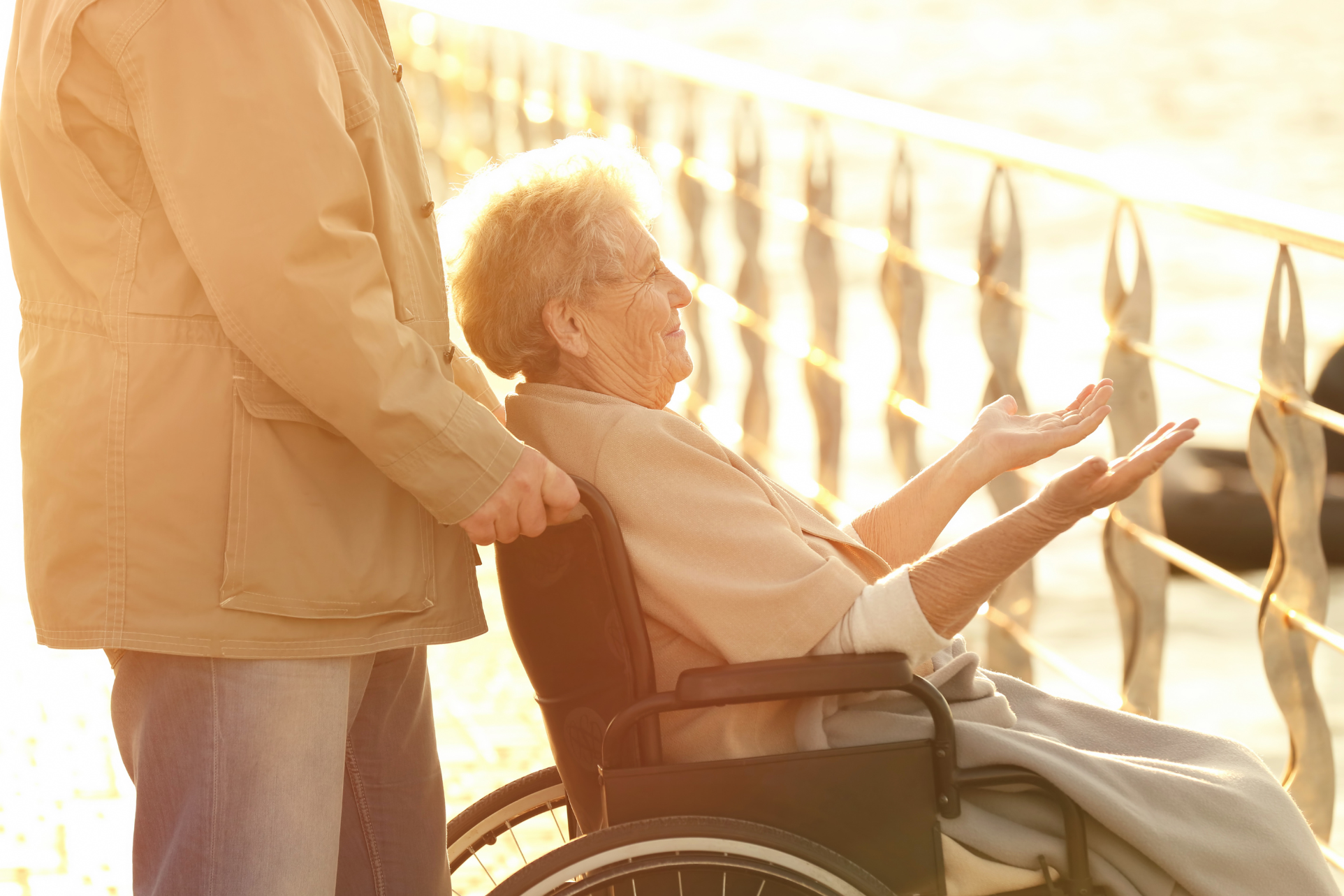Managing the Stigma: Early Acceptance of Mental Illness in the Millennial Generation
Mental illness has historically been a bit of a taboo topic, however as times evolve, and with each generation, the stigma surrounding mental illness changes as well. In the United States one in five adults have a mental health condition, which is equivalent to over 40 million people.
The young adult population born between 1981 and 1996 now range in age from 22 to 38, and are better identified as the millennial generation. While this generation is trending as competitive and smart, they are also measured to have high rates of anxiety and depression, along with other mental health issues. Jean M. Twenge, Ph.D psychologist and Professor of Psychology at San Diego State University, has conducted psychological research for decades, and concluded “depression, loneliness and panic attacks are all significantly more characteristic of today’s 20-somethings than of preceding generations at the same age.”
While a number of factors contribute to mental health conditions among the millennial generation, it is important to also understand that millennials recognize the need to seek help and speak out about their mental illness.
Factors Said to Contribute to Millennial Mental Health
- Millennials were the first generation to be raised with the Internet, which has affected their level of productivity, and provided them with an excess amount of options causing choice overload.
- Social media has affected the way in which people communicate as well, as it has created unrealistic expectations. The expectations lead to constant comparisons of achievements amongst peers and result in potentially low self-esteem.
- Higher education demands lead to anxiety and depression. These demands create stressors to pay off student debt and find a career in the competitive job market.
Breaking the Stigma
A 2015 study conducted by the American University found that millennials grew up hearing about mental illnesses, and therefore have become more accepting and willing to address it, and lessen the negative stigma. While earlier generations felt they had to conquer their mental health struggles on their own, millennials have begun addressing their mental health at a younger age, which has helped shine a light on a topic that has long been swept under the rug.






Find Us Online